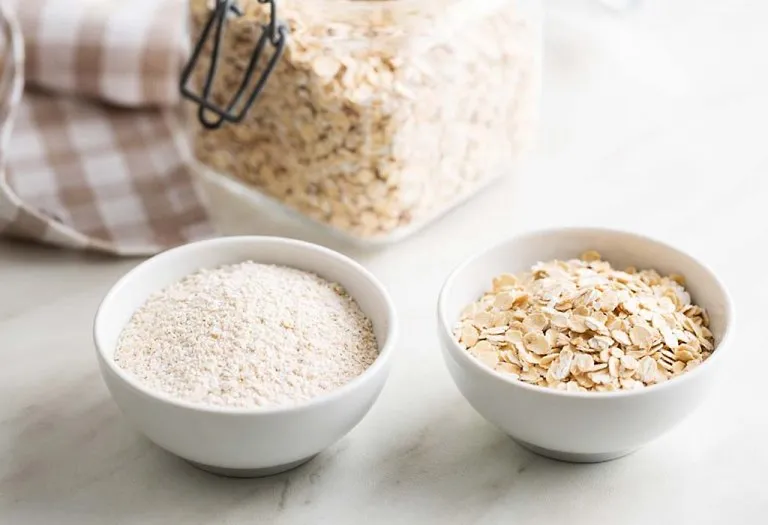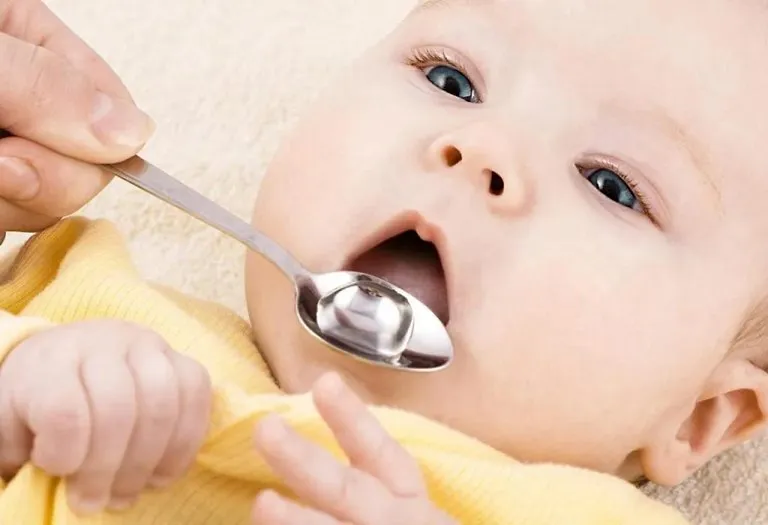Your Baby’s Immunity Lies in Their Gut – Here’s What You Need To Know!
Have you ever wondered how your little one stays protected from all those sniffles, tummy troubles, and other pesky ailments? Well, a big secret lies in their tiny tummies! While a baby’s immune system isn’t fully ready at birth, a healthy gut plays a massive role in building it up. In fact, 70-80% of their immunity comes straight from the gut (1)! Let’s explore this amazing connection and how you can help your baby build a super-powered immune system.
The Mother’s Role in Building Immunity
Mums are the first superheroes, starting the immunity boost even before birth. During pregnancy, you pass on your own antibodies to your baby through the placenta – think of it as a borrowed shield, providing them with immediate protection against certain diseases (2). After birth, breastmilk continues to be a fantastic source of immune support (3). Colostrum, the early milk, is especially important for providing antibodies and programs for the baby’s immune system. Breastfeeding facilitates the transfer of vital nutrients like prebiotics, immunoglobulins, and probiotics, further supporting the baby’s immune development. (3)
Benefits of Breast Milk: Liquid Gold
Breast milk is often called “liquid gold,” and for good reason! It’s packed with components that support the immune system, like essential nutrients and special bioactive compounds such as proteins, fats, sugars, antibodies, and probiotics (3) (4).
Breastmilk helps babies’ immune systems develop in the following ways:
- Promoting the growth of friendly bacteria (4)
- Keeping less desirable bacteria in check
- Facilitating healthy bowel movements
- Improving and strengthening the gut’s mucosal layer
But that’s not all!
Prebiotics in Mother’s Milk
Did you know that breast milk also contains special prebiotics that are crucial for a healthy gut? Prebiotic oligosaccharides are the third-largest component in breast milk, after lactose and fats. These pass undigested to the large intestine, where they act as food for beneficial bacteria, boosting their growth and activity (3).
These naturally occurring prebiotics offer specific advantages for infant health and development:
- They can promote more frequent and softer stools
- Prebiotics can help reduce both diarrhoea and constipation
- Some studies suggest a link between prebiotics and fewer colds and fevers
- They may also reduce the risk of allergic illnesses (2)
- Prebiotics contribute to a healthier and more balanced gut environment (1) (4)
- They may help reduce infantile colic
But how does your baby’s gut affect their immunity?
The Gut-Immunity Connection
So, we know breastmilk provides excellent building blocks, but what does this mean for your baby’s gut? Well, the gut and immune system are closely linked. In fact, approximately 70-80% of immune cells are strategically located within the gut (1), highlighting its vital role! A thriving and balanced gut environment directly contributes to a robust and effective immune system (1) (4).
Including prebiotics in the baby’s diet through breastmilk and complementary feeds is essential. But what can you do if you can’t breastfeed?
Scientifically-Created Prebiotics
If breastfeeding isn’t possible, scientifically created prebiotics are an option. Prebiotics such as galacto-oligosaccharides, fructo-oligosaccharides, inulin, and polydextrose provide similar benefits to naturally occurring prebiotics. Aptagrow contains prebiotics that support immunity by aiding in the creation of a healthy gut. Giving your baby access to prebiotic oligosaccharides helps build a strong and healthy immune system from birth (2)(5), ultimately promoting their overall growth and development.
Prioritising your baby’s gut health from day one can set them on a path to a stronger immune system and a healthier future. Access to prebiotic oligosaccharides helps build healthy immunity from birth, promoting overall growth and development (2)(5). While breastmilk is amazing, ensuring prebiotic intake through appropriate formulas or foods is essential, especially if breastfeeding isn’t possible or is supplemented. Always chat with your healthcare provider for personalised advice.
Also Read:
How to Boost Baby’s Immunity System?
Immunity Boosting Foods for Kids
Ways to Increase Immunity in Children
Was This Article Helpful?
1. Wiertsema SP, van Bergenhenegouwen J, Garssen J, Knippels LMJ. The Interplay between the Gut Microbiome and the Immune System in the Context of Infectious Diseases Throughout Life and the Role of Nutrition in Optimising Treatment Strategies. Nutrients. 2021;13(3):886. Published 2021 Mar 9. doi: https://www.mdpi.com/2072-6643/13/3/886
2. Chucri TM, Monteiro JM, Lima AR, Salvadori MLB, Junior JRK, Miglino MA. A review of immune transfer by the placenta. Journal of Reproductive Immunology. 2010;87(1-2):14-20. doi: https://doi.org/10.1016/j.jri.2010.08.062
3. Lyons KE, Ryan CA, Dempsey EM, Ross RP, Stanton C. Breastmilk, a Source of Beneficial Microbes and Associated Benefits for Infant Health. Nutrients. 2020;12(4):1039. doi: https://doi.org/10.3390/nu12041039
4. Yi DY, Kim SY. Human Breastmilk Composition and Function in Human Health: From Nutritional Components to Microbiome and MicroRNAs. Nutrients. 2021;13(9):3094. doi: https://doi.org/10.3390/nu13093094
5. Miqdady M, Al Mistarihi J, Azaz A, Rawat D. Prebiotics in the Infant Microbiome: The Past, Present, and Future. Pediatric Gastroenterology, Hepatology & Nutrition. 2020;23(1):1. doi: https://doi.org/10.5223/pghn.2020.23.1.1













.svg)


















